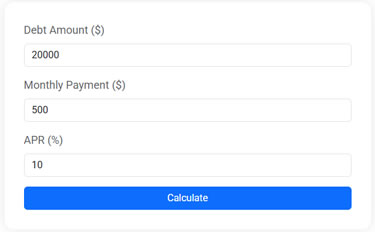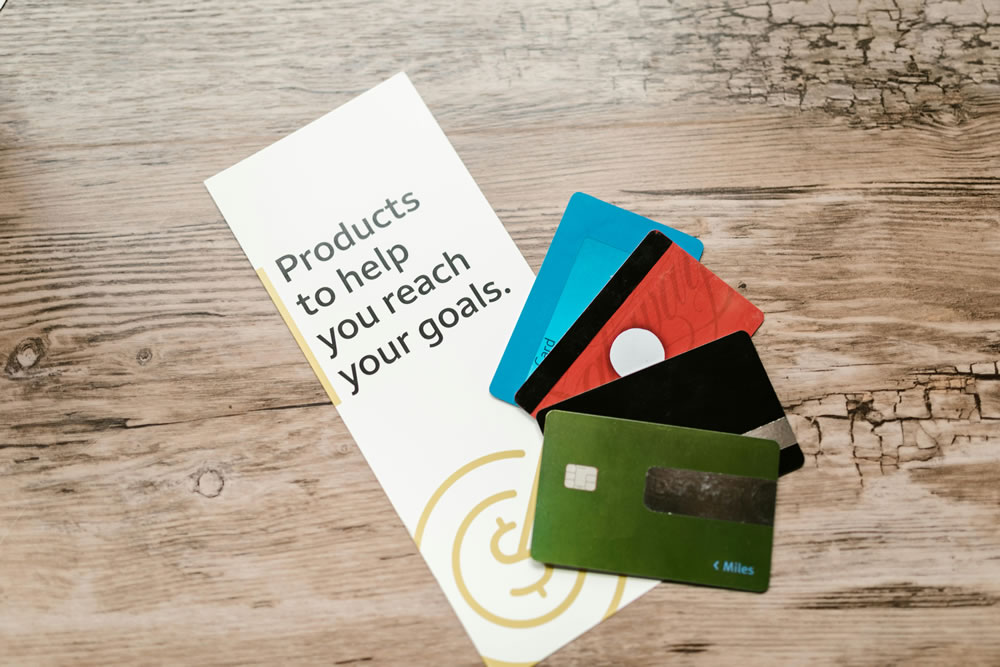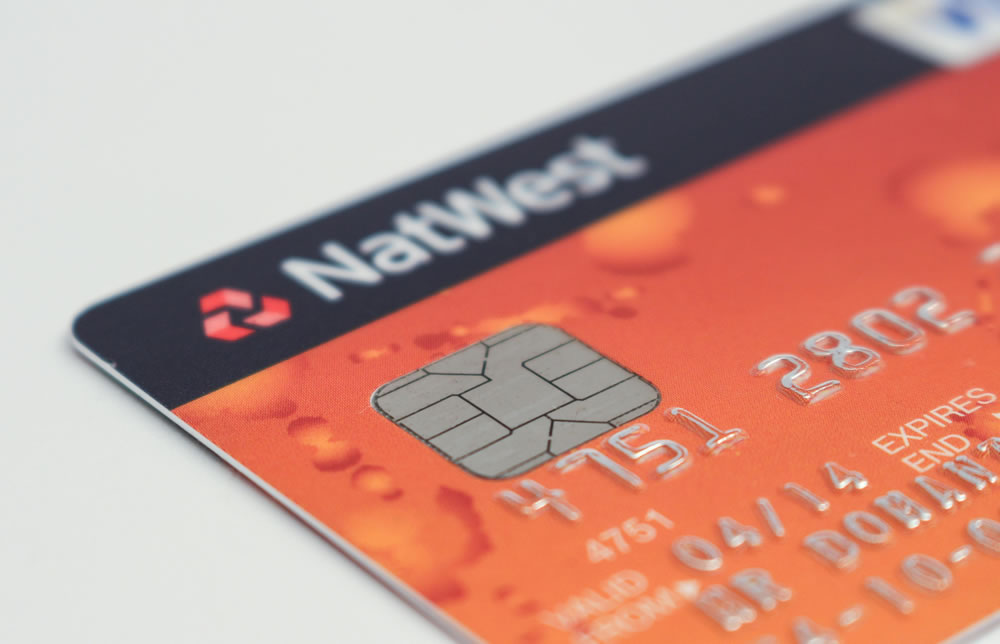The Dos and Don'ts of Debt Management

Managing debt is essential for financial health and achieving long-term goals, and it involves creating a detailed budget, prioritizing high-interest debts, and seeking professional advice if needed. Ignoring debt or relying excessively on credit can worsen financial situations, so it's crucial to face obligations directly and use credit responsibly. By following these practical tips, you can develop a strong strategy to address current debts and foster habits that promote long-term financial well-being.
Managing debt can feel a bit like juggling flaming torches while riding a unicycle. It’s a tricky, yet essential, skill for maintaining financial health and reaching your long-term goals. Whether it’s student loans, credit card balances, or a mortgage that’s got you sweating bullets, knowing how to handle debt effectively can make all the difference between financial peace and chaos. In this guide, we’ll walk through some critical dos and don’ts of debt management, aiming to simplify an often daunting topic. Think of this as a friendly chat over coffee—one that leaves you with a reassuring, actionable plan.
Do: Create a Detailed Budget
One of the first steps in managing debt is crafting a meticulous budget. A budget isn’t just a list of numbers; it’s your financial roadmap. Consider it your best friend when it comes to understanding where your money is going and how you can redirect some of it toward debt repayment. Start by listing your income sources and fixed expenses like rent, utilities, and groceries. Don't forget to factor in variable expenses like dining out or entertainment. Once you have a clear picture, you can identify areas where you can cut back and allocate those savings to pay down debt. According to a study by the National Foundation for Credit Counseling, budgeting can reduce financial stress significantly, making it easier to manage debt without feeling overwhelmed.
Do: Prioritize High-Interest Debts
Not all debt is created equal. High-interest debts, like credit card balances, can spiral out of control if not addressed promptly. Interest rates on credit cards can exceed 20%, meaning you're paying a hefty sum just to keep the debt from growing. Prioritizing these debts can save you a significant amount of money over time. This approach is often referred to as the "avalanche method," where you focus on paying off debts with the highest interest rate first, while making minimum payments on others. This strategy not only reduces the total interest paid but also quickens your journey to becoming debt-free.
Debt Payoff Calculator
Plan your financial future by estimating how long it will take to pay off your debt based on your balance, annual percentage rate (APR), and monthly payment. After entering your figures, the calculator determines the number of months needed to fully repay the debt and calculates the total interest paid over time.
Do: Seek Professional Advice When Needed
Sometimes, the best way to tackle a complex problem is to seek help from an expert. If you’re struggling to manage your debt, consider consulting a financial advisor or a credit counselor. These professionals can offer personalized advice tailored to your financial situation. They might suggest debt consolidation, which combines multiple debts into a single monthly payment, often at a lower interest rate. Or they could guide you through debt settlement options. As financial advisor Jane Smith explains, “A professional can provide an outside perspective and help you see solutions you might not have considered.”
Don't: Ignore Your Debt
Ignoring debt is akin to sticking your head in the sand. The longer you ignore it, the worse it gets. Missed payments can lead to late fees, increased interest rates, and a negative impact on your credit score. If you’re having trouble making payments, reach out to your creditors. Many companies offer hardship programs or alternative payment plans that can temporarily lower your payments or interest rates. Being proactive about your debt shows creditors you’re serious about paying it off, which can lead to more favorable terms.
Don't: Rely Excessively on Credit
In a world where credit can be as easy to access as ordering a pizza, it’s tempting to lean on it too heavily. However, relying too much on credit can quickly lead to debt accumulation that’s difficult to manage. It’s crucial to use credit responsibly, keeping balances low and ensuring you can pay them off monthly. According to CNBC, carrying a balance from month to month can cost you dearly in interest and impact your credit score negatively. Aim to use credit as a tool to build your financial reputation, not as a crutch to support unsustainable spending habits.
Do: Develop a Strong Strategy for Addressing Current Debts
Having a robust strategy in place for tackling your debts can provide clarity and motivation. This might involve setting specific goals, like paying off a particular debt by the end of the year. Breaking larger debts into smaller, more manageable chunks can also make the process less daunting. Consider using the "snowball method" if you need a motivational boost—this involves paying off the smallest debts first to build momentum, then moving on to larger ones. The satisfaction of seeing debts disappear can be a powerful motivator to keep going.
Don’t: Overlook the Importance of Building Good Financial Habits
While focusing on debt repayment is crucial, it’s equally important to cultivate good financial habits that support long-term well-being. This means regularly reviewing your budget, setting aside savings, and planning for future expenses. Developing a habit of saving, even if it’s just a small amount each month, can prevent the need to rely on credit in emergencies. As financial expert Dave Ramsey often advocates, building an emergency fund is a crucial step in financial security and can keep debt at bay when unexpected expenses arise.
Do: Celebrate Your Progress
Managing debt can be a long journey, and it’s important to acknowledge the milestones along the way. Celebrating small victories, like paying off a credit card or reaching a savings goal, can boost your morale and keep you motivated. This doesn’t mean splurging extravagantly—perhaps treat yourself to a nice dinner or a small reward that won’t derail your progress. Recognizing and celebrating your achievements can reinforce positive behaviors and keep you focused on your ultimate goal: financial freedom.
Managing debt effectively is about more than just crunching numbers—it’s about creating a sustainable lifestyle that supports your financial goals. By following these practical tips and staying proactive, you can develop a strong strategy for addressing current debts and foster habits that promote long-term financial well-being. Remember, you’re not alone in this journey, and with a bit of planning and discipline, you can turn your financial dreams into reality.








